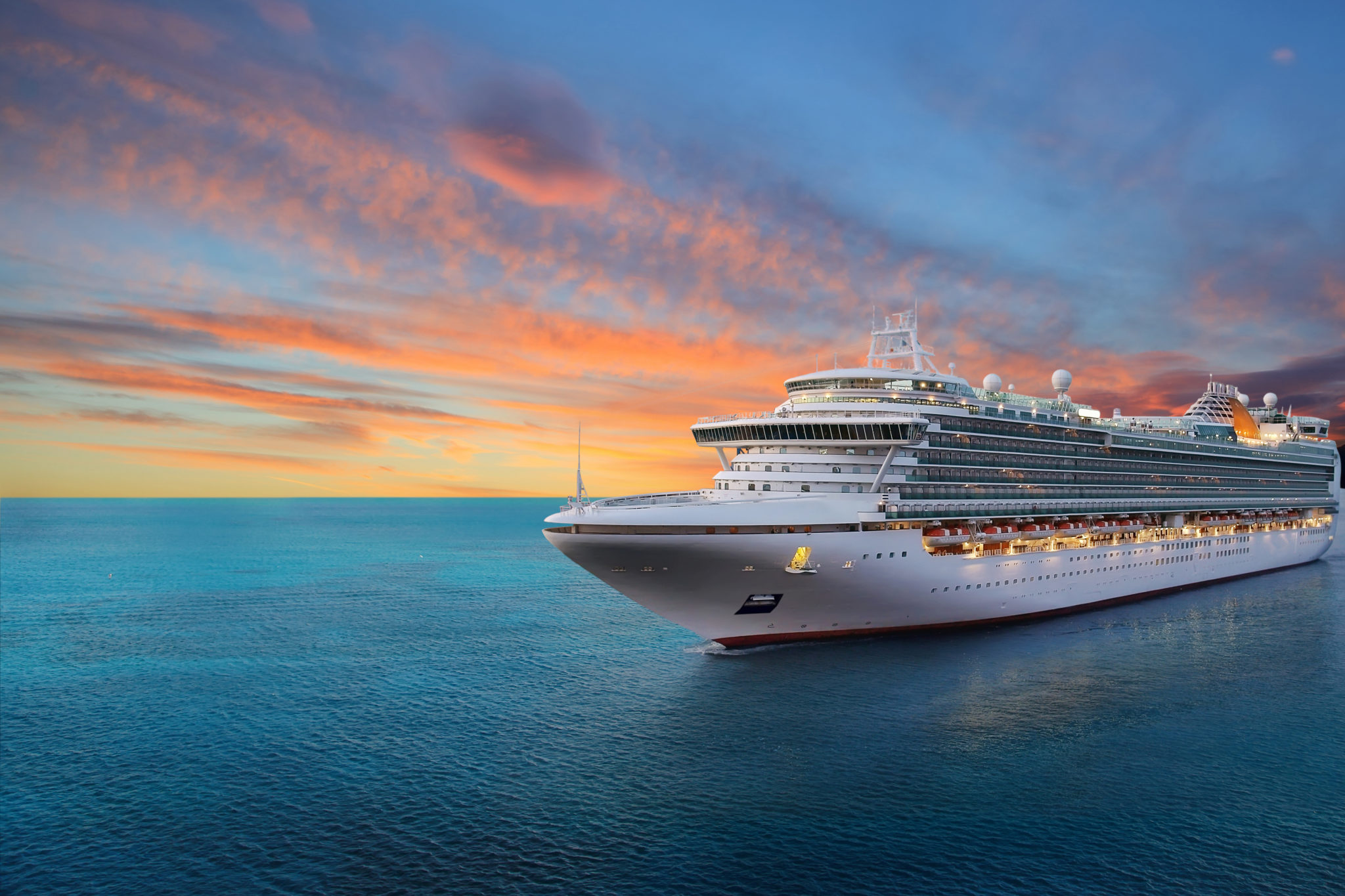The maritime industry operates on a global scale, with seafarers crossing borders and ships trading between different jurisdictions. To ensure uniformity, fairness, and safety at sea, international conventions have been developed by organizations such as the International Labour Organization (ILO) and the International Maritime Organization (IMO).
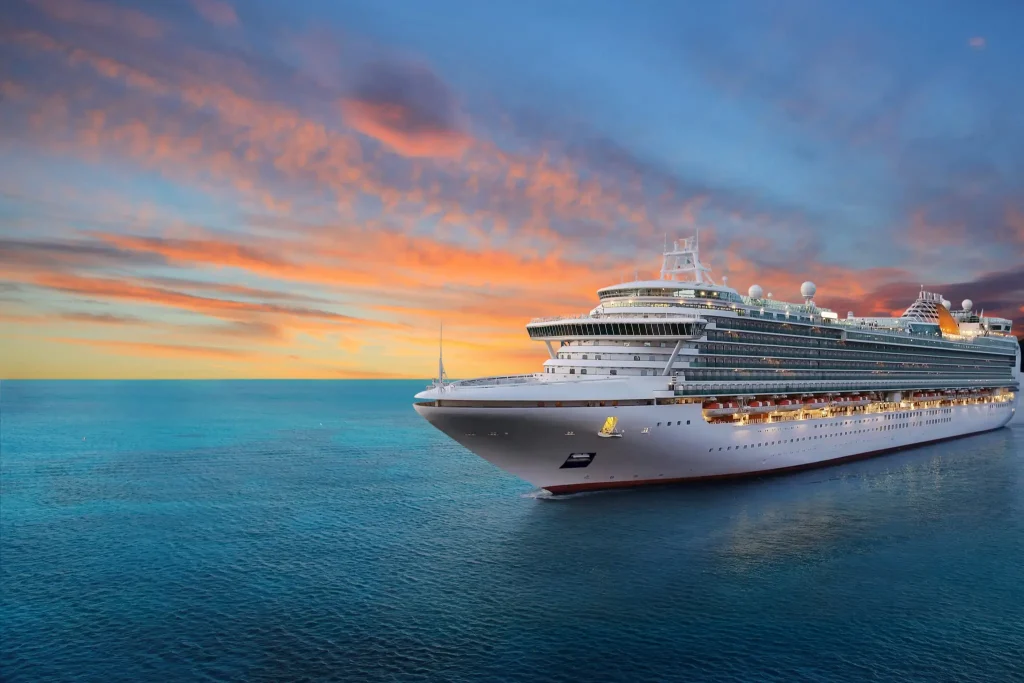
Among these conventions, the Maritime Labour Convention (MLC, 2006) — known as the “Seafarers’ Bill of Rights” — is one of the most comprehensive frameworks to safeguard the welfare of seafarers. Together with STCW (Standards of Training, Certification, and Watchkeeping), SOLAS (Safety of Life at Sea), and ISM Code (International Safety Management), the MLC sets global benchmarks for shipowners, manning agencies, and governments.
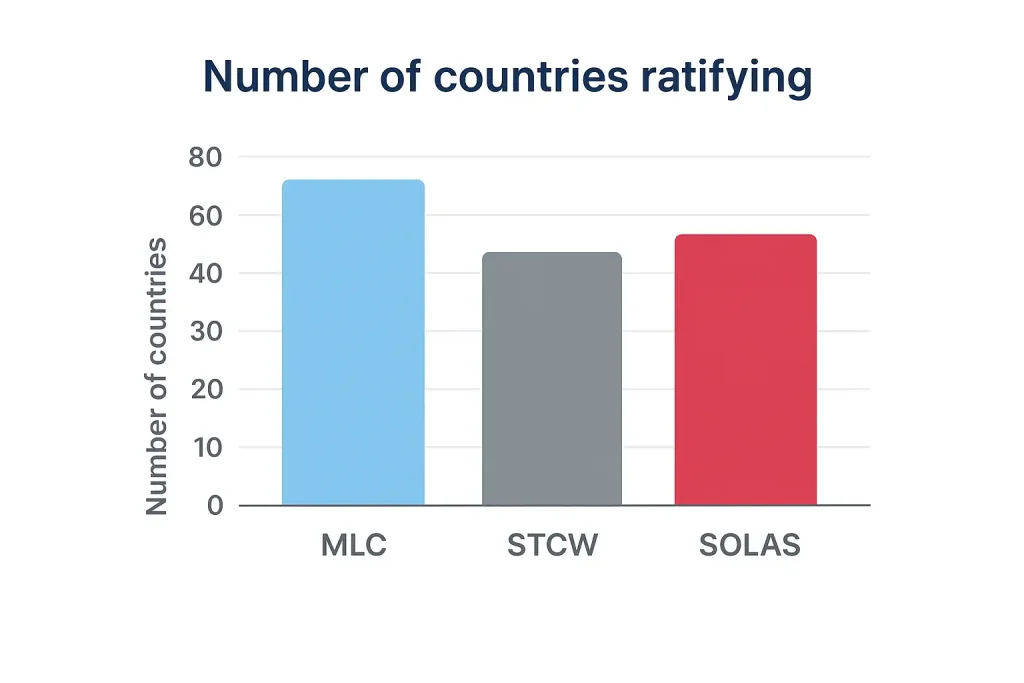
Platforms like Indosearch make it easier to identify licensed RPSL companies, approved doctors, and authorized recruitment agents, helping seafarers stay compliant and informed.
Understanding the Maritime Labour Convention (MLC, 2006)
Adopted by the ILO, the MLC combines over 65 existing labour standards into a single instrument. Its objective is to ensure that all seafarers have access to decent working and living conditions on board ships, irrespective of the flag they sail under.
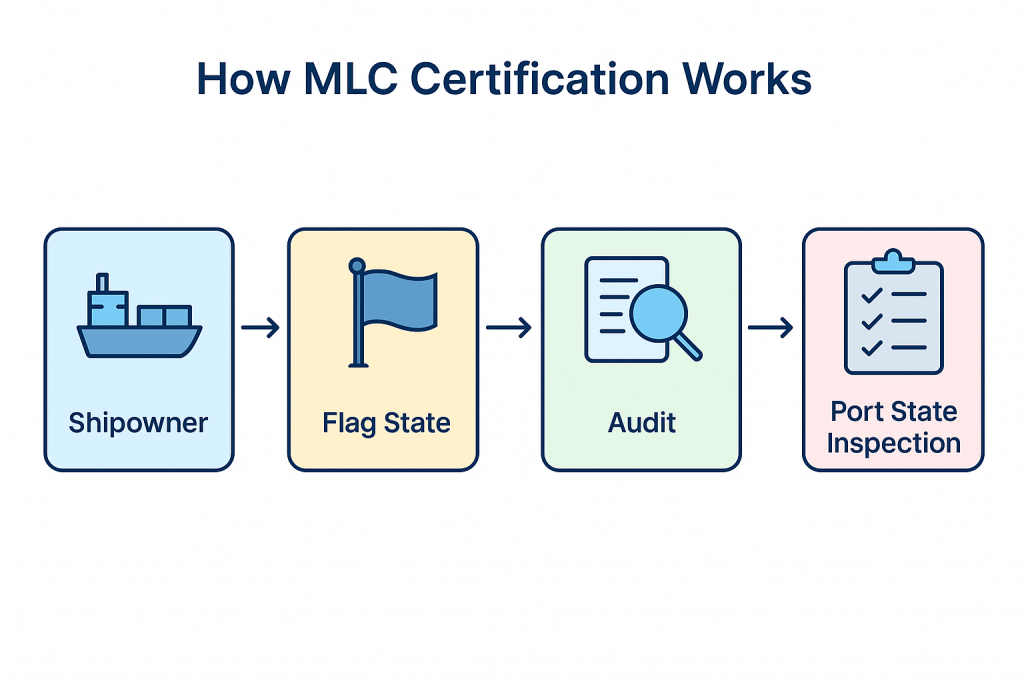
Key features include:
- Fair employment terms and written contracts
- Timely payment of wages and regulated working hours
- Adequate onboard accommodation, food, and recreation facilities
- Medical care and access to MLC-approved doctors (check approved doctors)
- Right to repatriation and social protection
India, as a ratifying member, mandates strict adherence to MLC standards for RPSL license holders (view licensed agencies) and Recruiting Agents (RAs) (verify recruitment agents).
Comparison of Key Maritime Conventions
| Convention | Main Purpose | Enforcement Method |
| MLC, 2006 (ILO) | Seafarer welfare: contracts, wages, working/living conditions | MLC Certificate, Flag State & Port State inspections |
| STCW Convention (IMO) | Competency and training standards for seafarers | Mandatory training, certification, regular audits |
| SOLAS (IMO) | Ship safety: construction, life-saving appliances, fire safety | Port State Control inspections, Flag State surveys |
| ISM Code (IMO) | Safety management system for shipping companies | Company audits, DOC/SMC certification |
This combined framework ensures that vessels meet both crew welfare and operational safety standards.
Why MLC Compliance Matters for Seafarers and Companies
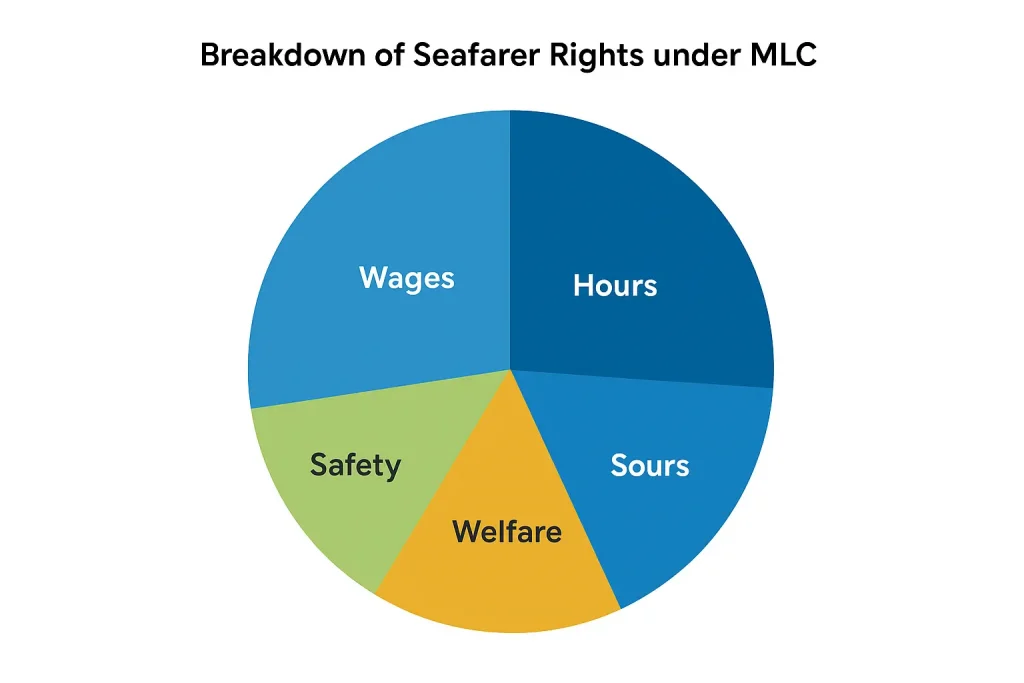
- Seafarer Protection – Provides legal assurance for fair treatment, repatriation rights, and wage protection.
- Global Recognition – Ships with valid MLC certification face fewer detentions during Port State Control (PSC) inspections.
- Reputation for Shipping Companies – Non-compliance risks blacklisting and legal penalties.
- Transparency in Recruitment – Using only registered and audited RPSL license holders safeguards seafarers against fraudulent practices.
- Medical Fitness Assurance – Only MLC-approved doctors can issue valid fitness certificates required for joining ships.
For official guidelines, visit the International Labour Organization (ILO) and International Maritime Organization (IMO).
How Shipowners and Manning Agents Stay Compliant
- Maintain updated MLC and DMLC (Declaration of Maritime Labour Compliance) certificates.
- Recruit only through licensed RPSL agencies (find agencies).
- Conduct periodic audits of onboard living and working conditions.
- Engage doctors listed under DG Shipping and ILO/MLC guidelines (view approved doctors).
- Ensure transparent, written employment contracts accessible to crew members before joining.

